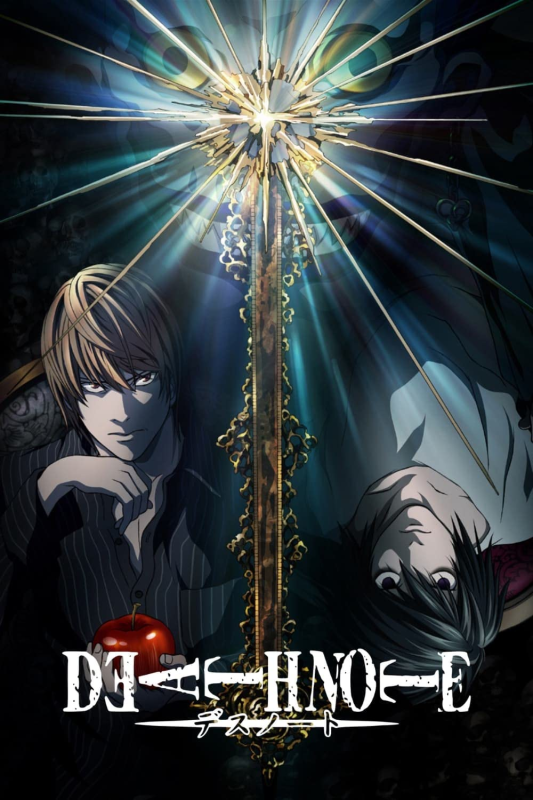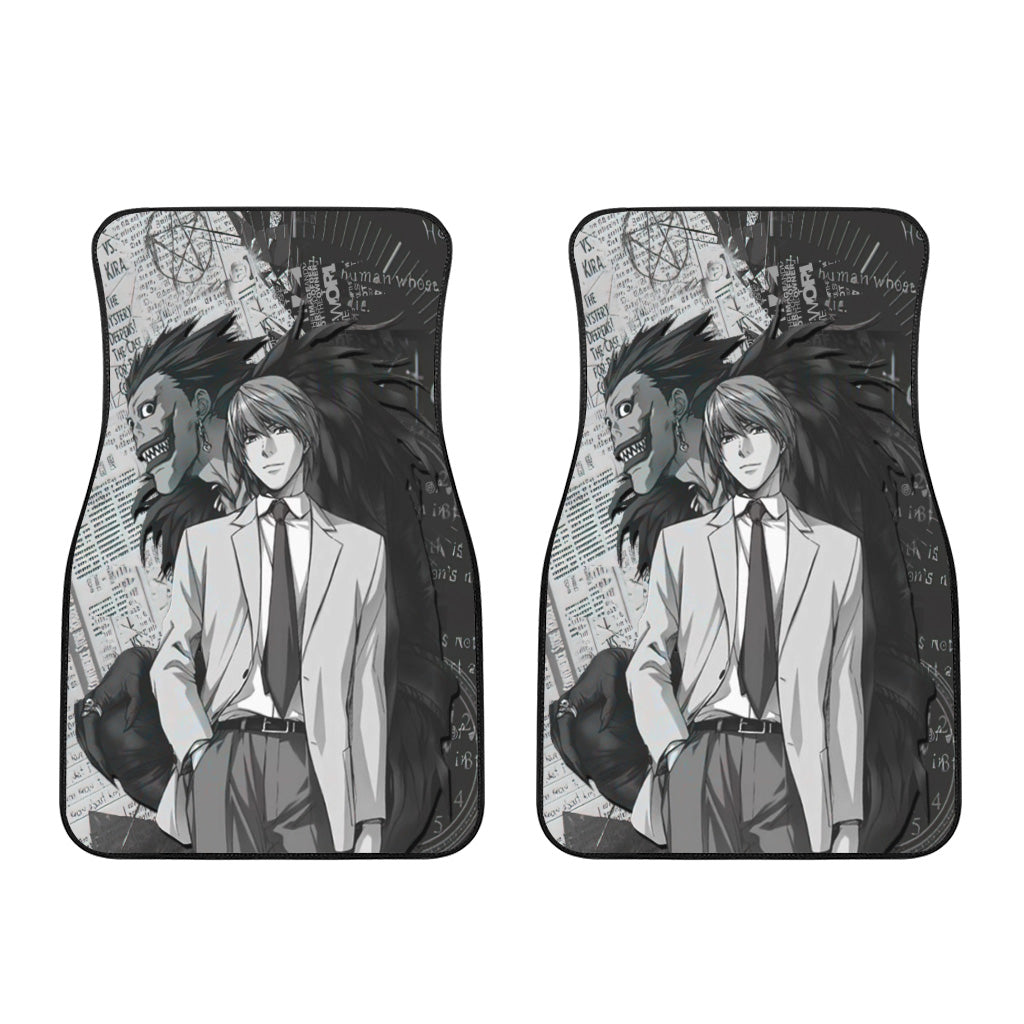Anime, Death note
Reasons for China’s ban of Netflix’s Death Note anime

The success of a story can be measured in many ways. For some, it’s the number of copies sold or the awards received. For others, it’s the impact the story has on its audience. For Tsugumi Ohba, the creator of the manga series Death Note, it may have been the series’ ban in China that signified its overpowering popularity and “poisonous” influence.
First published in 2003, Death Note tells the story of Light Yagami, a high school student who discovers a black notebook that allows him to kill anyone whose name he writes in it. At first, Light uses the book to rid the world of criminals and those who harm others, but he eventually becomes drunk with power and decides to create an “ideal society” by using the Death Note to eliminate anyone he deems unworthy of living.
While Ohba’s manga and the Netflix anime adaptation clearly present Light as an antagonist and do not shy away from depicting the psychological toll his actions take on him, some fans have taken a different message from the story. In China, for example, the Death Note notebooks sold so well that students in a middle school in Shenyang began writing the names of classmates and teachers they disliked in them. The notebooks were so popular that students even began altering regular notebooks to look like Death Notes.
As the obsession with Death Note continued to grow, Chinese officials began to worry about its effects on young people. In 2005, Shenyang school officials banned Death Note in an effort to protect students’ “physical and mental health.” The ban was soon extended to other Chinese cities and eventually included both the manga and any adaptations. In 2015, Death Note was listed among 38 anime and manga titles banned by the Chinese Ministry of Culture, along with Attack on Titan.
The fear surrounding Death Note was not limited to China, however. In the United States, the manga was banned in some schools after the suicide of a 15-year-old girl in Yekaterinburg, Russia, who was found with volumes of Death Note. A local parents’ group in Yekaterinburg campaigned to regulate all media based on the series, even though it was later ruled that Death Note did not play a role in the girl’s suicide.
Despite the controversy and bans surrounding Death Note, some argue that the series’ popularity is a testament to its success. Few manga or anime have had such a widespread influence on a generation of young people on a global scale. Perhaps the appeal of Death Note lies in its depiction of the human condition and our capacity for both good and evil. As one commentator noted, the ban on Death Note in China and elsewhere may have been an overreaction, but it also shows how the story brought out the Light Yagami in all of us and held up a mirror that revealed an unflattering reflection of our potential for narcissism and abuse of power.
In this way, Death Note may be considered one of Ohba’s greatest success stories. The fact that the series continues to captivate audiences and provoke debate years after its release is a testament to its power as a work of fiction. It is a story that challenges us to confront our own flaws and ask difficult questions about the nature of justice, morality, and power.
We bring out some of the most well-known DeathNote collection, all of which are available at reasonable costs. Visit our link now if you are interested in the DeathNote collection
Death Note Car Floor Mats, Light Yagami Black White Car Floor Mats, Anime Car Accessories
Death Note Car Floor Mats, Light Yagami Car Floor Mats, Anime Car Accessories


Raye, Rem, Sachiko, Aizawa, Halle, Hideki
